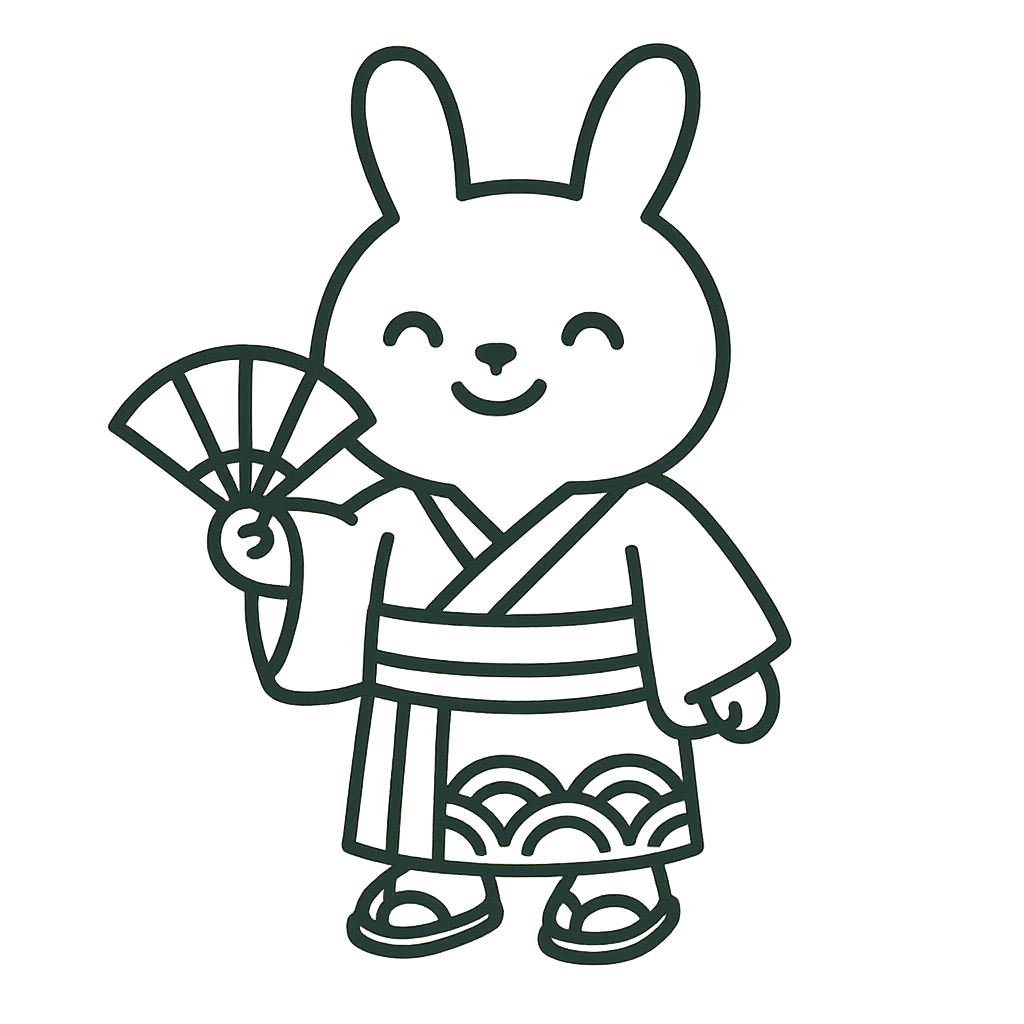
Why Okinawa keeps showing up in purpose conversations
Okinawa is often cited for people who age well with sharp minds. The secret is not a single superfood or a perfect morning routine. It is a way of living that treats purpose as something you practice every day. In Okinawa, people nurture strong bonds, keep moving, give back to others, and find joy in small moments. These choices create a steady sense of meaning that supports a clear mind.
Ikigai in plain language
Ikigai means a reason to live. It is the mix of what you love, what you are good at, what helps others, and what sustains you. In real life it does not need to be a dream job. Your ikigai can be a hobby, a weekly community role, or a family ritual that gives your days direction. Treat it as a living practice that shifts as your life changes.
Purpose clears the mental fog
When you know why your time matters, decision making gets simpler. Worry drops, focus rises, and you bounce back faster from stress. Purpose sets the order of your day. It helps you choose one important action and let the rest wait. Over time that clarity turns into confidence because you see yourself following through.
The Small Joys Rule
Big goals are useful, yet small joys keep your mind steady. A short walk with a neighbor, tending a plant, sharing tea, or finishing a simple task can be your daily spark. Small joys lower pressure and keep you present. Think of them as tiny anchors that stop your attention from drifting.
Community is a clarity multiplier
Friends who check in, neighbors who rely on you, and roles that matter to others all strengthen purpose. You feel needed, so you show up. You are seen, so you keep going. Community gives feedback on what you do well and where you can help more. That feedback sharpens your sense of direction.
Movement, not mileage
In Okinawa people move through daily life. They garden, walk to visit friends, and keep useful tasks in the day. You can use the same idea. Pick movement you enjoy and pair it with a social touch. Walk and talk calls. Stretch while the kettle boils. Light chores between meetings. Movement clears mental static and boosts mood.
A 7 day Okinawa inspired clarity plan
Day 1. Name your why: Write one sentence that explains why your week matters. Keep it visible.
Day 2. Map your small joys: List five tiny activities that lift your mood in under ten minutes. Schedule two today.
Day 3. Choose your service: Pick one way to help someone this week. A meal, a ride, a note, a task.
Day 4. Strengths check: List three things you do well. Ask one friend to add one more they see in you.
Day 5. Move with others: Invite a friend for a walk, or join a local group class.
Day 6. Create a simple ritual: Morning tea without your phone, or an evening tidy that resets your space.
Day 7. Review and adjust: What felt meaningful. What dragged you down. Keep one change and drop one drain.
Bring ikigai into work without quitting your job
Purpose at work grows from roles, not titles. Start small. Clarify the one task that moves your team forward today. Volunteer for a duty that fits your strengths. Add a five minute team check in that asks what felt useful and what felt heavy. Aligning skills with service builds momentum and focus.
Common mistakes to avoid
Do not turn ikigai into a grind. You do not need to find one perfect calling. Avoid all or nothing thinking. Skip endless research that delays action. Start with the smallest step that serves someone and brings you a little joy. Let results guide your next move.
Your next step
Write your one sentence why, share it with a friend, and schedule one small joy for today. Repeat tomorrow. Purpose grows with practice, and clarity follows close behind.
This is where tools like InnerPrompt come in—helping you reflect on these daily practices and track your journey toward clarity and purpose through guided journaling that reveals patterns in your thoughts and habits.
Ready to Start Your Journaling Journey?
Join others who are already transforming their lives with AI-powered journaling insights.